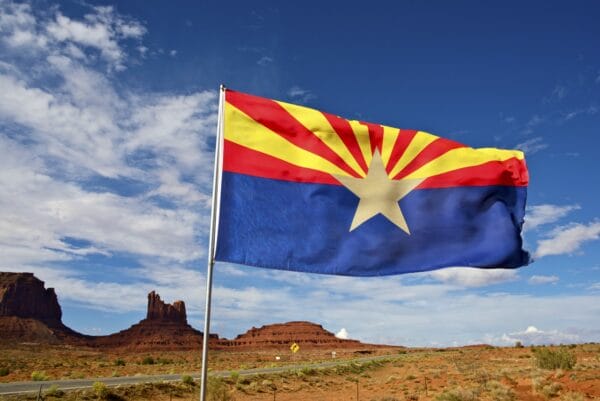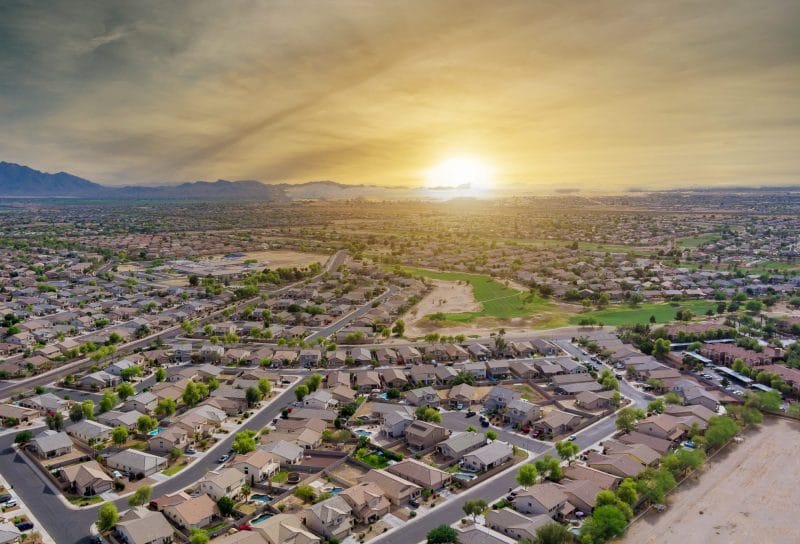By Daniel Bunn | AZ Mirror, Commentary
Taxes have played a prominent role in this year’s presidential election. On the left, Vice President Kamala Harris has promised to help the middle class by making corporations pay their fair share. On the right, former President Donald Trump has vowed to support working families by implementing a litany of tariffs.
Both camps claim that their respective tax hikes would only be felt by corporations or other countries. In reality, Arizonans would pay the price.
Harris has endorsed raising the corporate income tax rate from 21% to 28%. Federal taxes are only one layer in the U.S. economy, and many states levy corporate taxes, too. Arizona has a 4.9% corporate rate, meaning under Harris’s plan, the combined corporate tax rate in Arizona would rise to 32.9%. That’s higher than Mexico (30%), China (25%), and the worldwide average (23.6%).
Research finds that corporate taxes are the most harmful to economic growth, and for countries and states vying for new businesses, the corporate tax rate influences where businesses choose to open shop. Our competitors know this: Since 1980, the average statutory corporate tax rate has declined in every region across the globe.
Domestically, states are taking notice, too. Arizona is competing for companies and jobs with places like Nevada and Texas — two states that forgo corporate income taxes entirely. A higher corporate rate at the federal level makes the neighbors much more attractive for companies that operate on the margins.
Higher corporate taxes also hurt pocketbooks. Economists across the political spectrum agree that the corporate tax is paid in part by workers. A recent study finds that 60% of the corporate tax is paid by laborers, often in the form of lower wages. More conservative estimates, including those followed by Congress’s nonpartisan scorekeepers, say 25% of the corporate tax is borne by labor.





